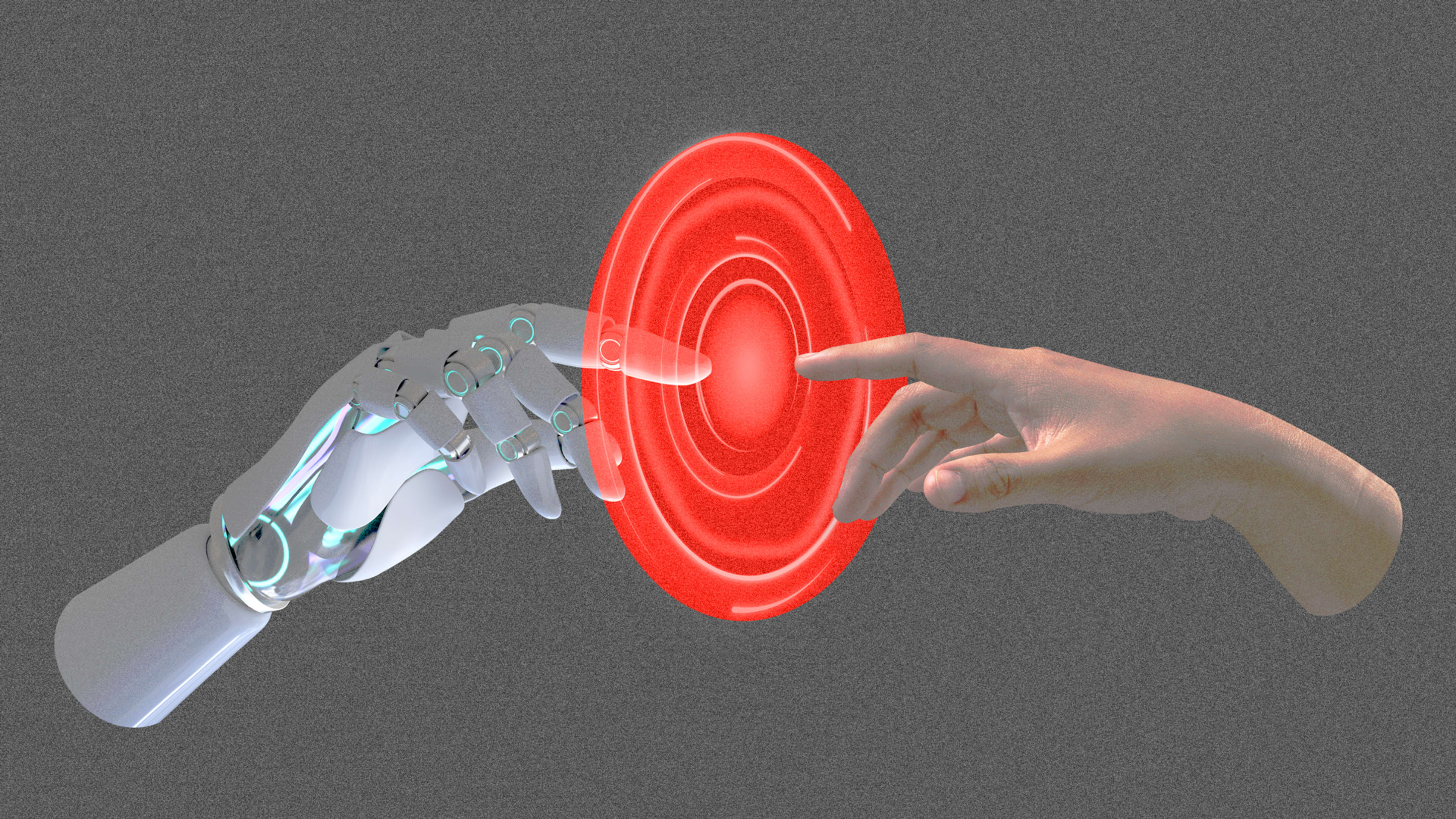The gloves are coming off in the fight over the future of AI.
On Tuesday, the Future of Life Institute, a futurist nonprofit backed by the Musk Foundation, published an open letter calling for a six-month pause on training AI systems more powerful than OpenAI’s leading GPT-4 service.
“Powerful AI systems should be developed only once we are confident that their effects will be positive and their risks will be manageable,” declares the letter, which has been signed by several thousand people, including Elon Musk himself, Apple cofounder Steve Wozniak, AI researchers Yoshua Bengio and Gary Marcus, and historian Yuval Noah Harari. “AI labs and independent experts should use this pause to jointly develop and implement a set of shared safety protocols for advanced AI design and development that are rigorously audited and overseen by independent outside experts.”
While there’s no doubt that AI should be developed in a way that is safe, responsible, and transparent, putting the most critical technology of our age in a timeout is an unviable solution that could weaken our country at a critical moment.
For starters, it would be an unprecedented move, coming just when AI is beginning to show incredible promise after decades of unfulfilled hype. It would also be nearly impossible to enforce and a gut punch to innovation—the engine of our economy.
While the letter has been signed by some notable AI experts, other AI researchers criticized the approach and said it overlooked harms and risks posed by current AI, like requiring more transparency of AI training data and decision-making of large language models. Computer scientist Andrew Ng, founder of Google Brain, called the moratorium “a terrible idea” on Twitter because government intervention would be the only possible way to enforce it.
“I’m seeing many new applications in education, healthcare, food, . . . that’ll help many people. Improving GPT-4 will help,” he tweeted. “Let’s balance the huge value AI is creating versus realistic risks. To advance AI safety, regulations around transparency and auditing would be more practical and make a bigger difference.”
Imagine people asking Netscape, Microsoft, and Mozilla to stop the development of the Web browser back in the mid-1990s. Would that have been the right move to address real concerns about online child pornography and indecent speech? Absolutely not. Those issues were more effectively addressed by industry, lawmakers, the courts, and regulators, ultimately being resolved through a landmark Supreme Court decision that enshrined the value of free speech on the internet.
Second, the U.S. is engaged in a competition with China to lead the AI market. Thanks to recent innovation of U.S.-based OpenAI, other U.S. multinationals like Microsoft, Google and Meta, and a bevy of startups, the U.S. may have retaken the lead in this race in which experts said China was ahead just a few years ago. But the pace of AI innovation is accelerating at a rate not seen since the boom of mobile computing. Consider that it took just under four months for OpenAI to release GPT-4 after its groundbreaking release of ChatGPT.
If the U.S. and its leading corporations paused AI development for six months while China raced ahead, it would put our country at a disadvantage and create a potential opening for our primary global adversary. Imagine if China’s AI leapfrogged the US during this pause, and the long term harm that could bring to democracy and geopolitical security.
Third, even if we somehow paused development, what could be accomplished over this “AI summer”? Probably not that much because the governance of AI is an incredibly complex topic that requires robust inclusive discussion among multiple stakeholders to hammer out a new framework. It will take years to develop the foundation of this governance system, which will likely require changes in industry practices, regulatory policy and global laws.
There’s no doubt that we need a more focused effort and investment to align on the design for an effective governance system for responsible, trusted and explainable AI. And the rapid evolution of these systems means we should make it a greater priority of society, much like climate change has become a global imperative.
Technology has always outpaced our ability to manage it. But our history has shown the wiser approach is to parallel path the development of technology and its governance without stifling progress.
It’s worth noting the letter overlooked that much of this work is already happening. Leading providers of AI are taking AI safety and responsibility very seriously, developing risk-mitigation tools, best practices for responsible use, monitoring platforms for misuse, and learning from human feedback. The rapid release of the last two iterations of GPT has already led to major improvements in value, safety, and responsibility.
Is it perfect? Of course not. Do these companies need more oversight? Of course they do. Innovation is messy. Mistakes are bound to happen, but they also are essential to the process of learning. As this debate swirls, Musk should remind himself of this quote he once shared: “If things are not failing, you are not innovating enough.”
Spencer Ante is the former head of insights at Meta, and author of Creative Capital: Georges Doriot and the Birth of Venture Capital.
Recognize your company's culture of innovation by applying to this year's Best Workplaces for Innovators Awards before the extended deadline, April 12.
